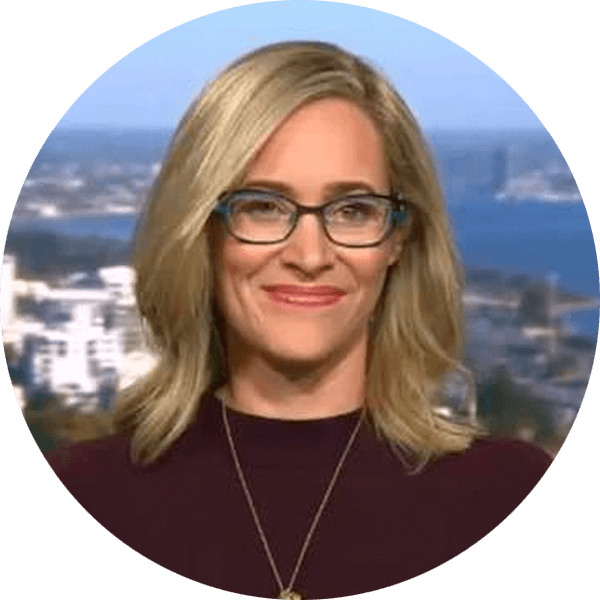Egg freezing Perth
Egg freezing - officially called oocyte cryopreservation - is getting more popular. Often women pursue a professional career first, or they haven’t found the right partner yet and want to delay starting a family. In other cases, egg freezing is used for medical reasons. In this article, Dr Tamara Hunter delves into this topic and discusses the financial impact, the benefits and risks, as well as the best age to freeze your eggs.
Reasons for egg freezing Perth
Why would you freeze your eggs?
Egg freezing, or oocyte cryopreservation, has become increasingly more popular. As a woman, you can choose to preserve your fertility until later in life. It was 3 decades ago when doctors discovered that, if they froze an egg and then thawed it out, it would behave as well as if it were actually fresh, even several years later.
In the last decade, egg freezing has boomed.
“I see this in my practice, as more women ask for it, and when I go to conferences, oocyte cryopreservation is always on the agenda. There are many different reasons why women choose to freeze their eggs.”
There are two main groups: women who have medical reasons and women who look into egg freezing for social reasons.
Cost of egg freezing Perth
Medicare and egg freezing
If you freeze your eggs for medical reasons, because your fertility is compromised, the procedure is covered under Medicare. If it is for an elective purpose, it is not covered by Medicare.
Medicare does not cover the long term storage of frozen eggs, no matter whether they are stored for medical or elective reasons.
Embryo vs egg freezing Perth
Egg freezing or embryo freezing?
That is a good question, but you cannot compare apples and oranges. Eventually, an egg, which is a really large cell and has to move large amounts of fluid in order to be able to freeze it, is going to be fertilised, and ultimately create a blastocyst, an embryo that might have a hundred cells in it. That is a very different entity compared to the initial egg.
When you freeze an embryo, you already have taken the male factor into account; you already have taken the ability of that egg to fertilise and move through those first five days of development into account. So you can’t really compare an egg to an embryo. But we do know that, in order to get a live birth, you are going to need to freeze way more eggs to create embryos that will ultimately result in a live birth.
“It’s unfair to compare the two, but the bottom line is that you need to understand that you are going to need a lot more eggs in order to get a live birth. The international data based on a varied group of women state that if you freeze about 15 mature eggs, you are giving yourself a 70 to 80% chance of one live birth.”
To get 15 eggs you may need more than one stimulated cycle. As a matter of fact, the number of stimulated cycles you will have is completely dependent on your egg reserve, which is measured via the AMH (anti-mullerian hormone) blood test or an antral follicle count on an ultrasound.
Egg freezing storage
How long can eggs freeze for?
The standard amount of time that eggs are frozen for is 10 years. Data suggest that your best pregnancy rates or peak fertility rates, from a frozen egg, are about 3 or 4 years after they have been frozen.
“You have to use ICSI (i.e. 1 sperm injected in one egg) with frozen eggs. The reason for that is, when eggs are frozen, the shell around the outside becomes really firm. If you just did IVF (i.e. one egg in a Petri dish surrounded by a thousands of sperm), then fertilisation would not happen. So we take 1 good looking sperm and inject it into the egg.”
So you need to be mindful of this data. A question that I often get at my practice is “When is the best time to freeze your eggs?”
“This is quite controversial. I believe that the sweet spot for freezing eggs is around 34 or 36 years of age, maybe 33. This is the age group of women who are most likely to use these eggs. I do not think that women in their late twenties, unless they have a really compromised egg reserve, should be encouraged to freeze their eggs.”
There is some data that suggests, that young women under the age of 28, undergoing controlled ovarian hyperstimulation, have an increased risk of breast cancer.
“It’s extremely rare, over 1 in 30,000. But there are other risk factors to consider; you have to undergo surgery, you can develop ovarian hyperstimulation syndrome, and it is a big investment of time and money. So if you freeze them really early and never use them, I wonder if that is the best investment. Older women, over 36-38, might go straight to IVF. So the sweet spot from a cost/usage perspective is probably that 34-36 years of age.”
Perth fertility specialist
More questions?
Follow me on Instagram and ask a question during my weekly Q&A. Every Wednesday Dr Tamara Hunter does a Q&A session. Follow @drtamara.hunter and @woom.womenshealth to know more. Can’t wait to answer your questions!


